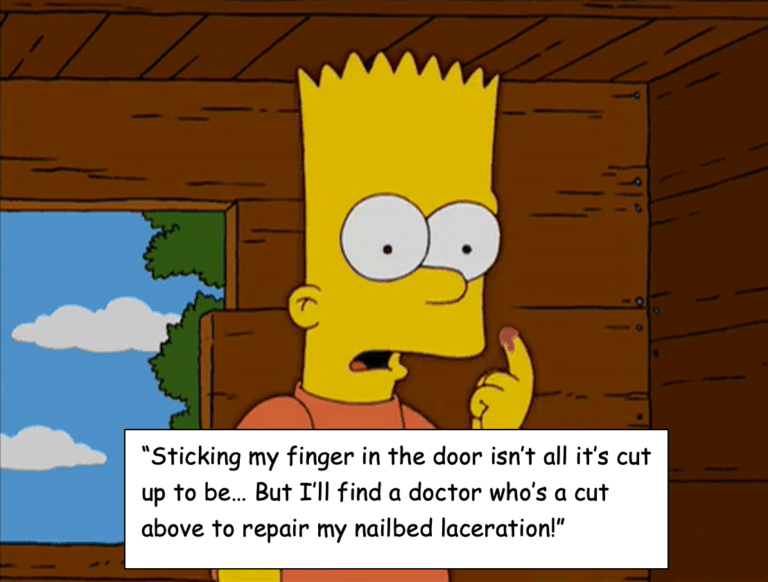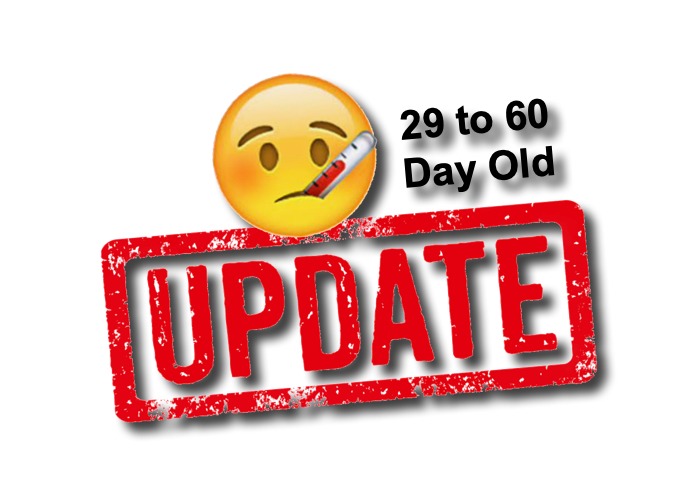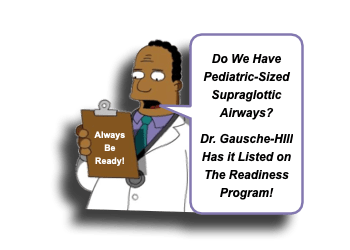Nail Bed Lacerations

Finger injuries are very common in children. Let's review how to manage nail bed lacerations.

Finger injuries are very common in children. Let's review how to manage nail bed lacerations.

For this Morsel, let us consider the new AAP guidelines and the evaluation and management of the well-appearing febrile infant 29 to 60 days of age.

In the past we have discussed the administration of chronic medications (ex, Controller Meds for Asthma) and vaccinations that previously were felt to belong only in the Primary Care Setting. Clearly, the patient’s location matters less than what care she…

We all are well aware that there are many perils and pitfalls awaiting those who choose to trust a neonate. It is not that the neonate is innately malicious or malingering. She or he is clearly not determined to be…

I hope that by now you know that I am not a proponent of the phrase “Kids aren’t little adults,” preferring to focus on ensuring we are all empowered to learn and recognize the variance in anatomy and physiology in…

As you all know, one of the common themes of the Ped EMMorsels is remaining vigilant. Clearly it requires our vigilance to find those elusive, rare, yet life-threatening conditions (ex, IEM, CHF, Coarctation) that mimic the more common and benign…

The nose is important. Certainly our appreciation of the nasal cavity has increased during the current COVID-19 pandemic as we now ask everyone about their sense of smell, but let us not forget some other important nostril considerations. We know…